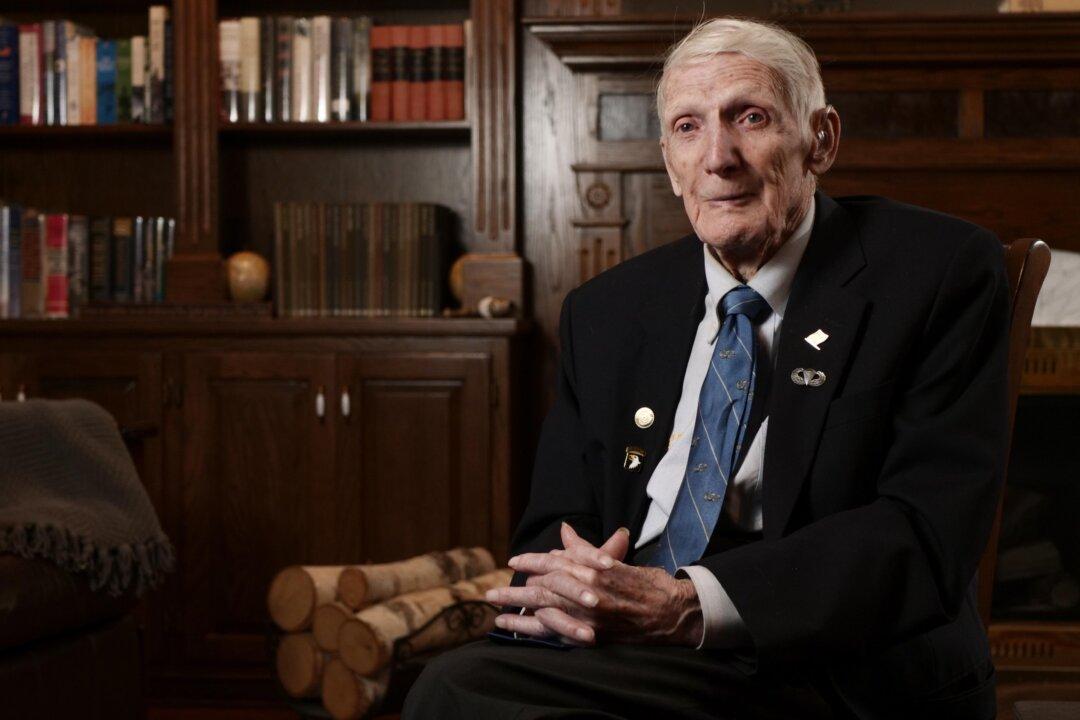Jim “Pee Wee” Martin remembers vividly where he was 78 years ago today.
He can’t forget when he was floating to the ground from a plane in Nazi-occupied France facing heavy fire from the Nazis below.


Jim “Pee Wee” Martin remembers vividly where he was 78 years ago today.
He can’t forget when he was floating to the ground from a plane in Nazi-occupied France facing heavy fire from the Nazis below.